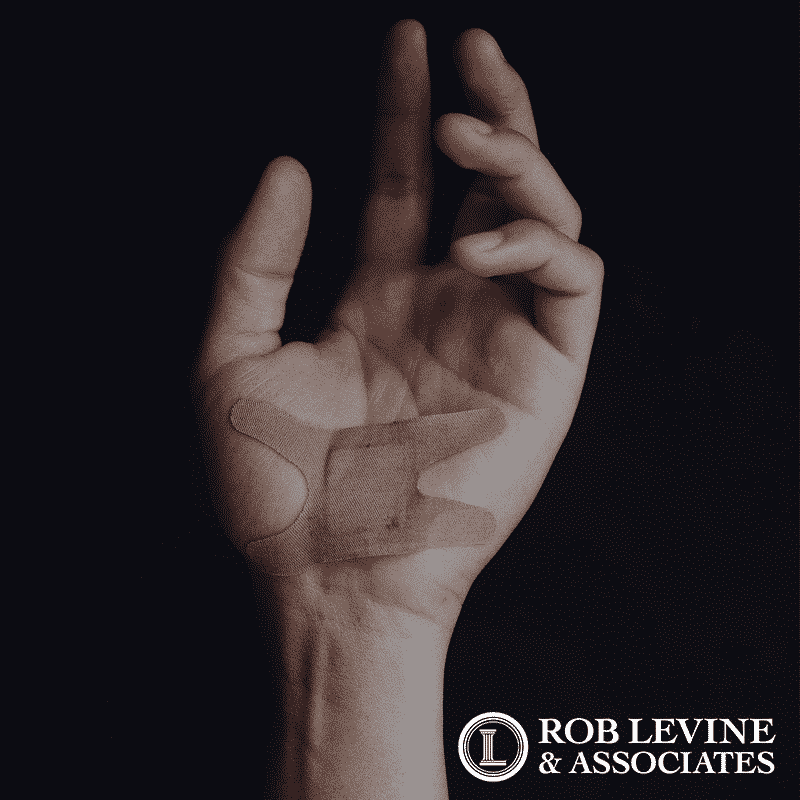Special vs. General Damages
There are two main types of damages that you can incur in a personal injury case, special and general damages. These are often referred to as “economic” and “non-economic” damages. Understanding each category will help you understand what you can recover for when you have a personal injury claim.
General damages, also known as “non-economic” damages, are monetary compensation that you can receive from an at fault party for things like pain and suffering, scarring, permanent injuries, mental anguish, loss of consortium, and lowered quality of life. These damages flow from the defendant’s actions that caused the plaintiff’s injury and are not limited by the severity of the harm caused even if it is not the type of injury one would normally expect in that situation. This is also known as the “thin-skulled” plaintiff rule. For instance, if at-fault driver X gets into a minor car accident with driver Y, who has a very severe heart condition, and the accident causes a heart attack then even though at-fault driver X may not have been able to anticipate the magnitude of the harm caused they are still liable for the damages incurred.
Special damages, also known as “economic” damages, are monetary compensation that you can receive from the at fault party for things like medical bills, lost wages, loss of earning capacity, replacement costs, funeral costs, prescriptions, property damage and transportation, to name a few. These damages are all the costs that the plaintiff had to pay due to the defendant’s negligent actions. These damages must be objectively proven, for instance, you need to be able to show exactly how much the medical bills are or how much was lost in wages. For example, if your total medical bills are $10,000.00 and you missed 5 days of work. You have a doctor’s note that covers you being out for 5 days and can objectively prove your wages. You make $200.00 a day, so therefore, you make $1,000.00 a week. Your total special damages would then total $11,000.00.
It is extremely important that planning and preparation are put into your case from the very beginning to be able to include all damages in your personal injury case. For instance, you must know that you need doctor’s notes covering your time out of work, or, that we will need your doctor to relate your injury to the accident so you need to get the appropriate imaging and see the right specialist, so that you can receive compensation from the at-fault party’s insurance company.










